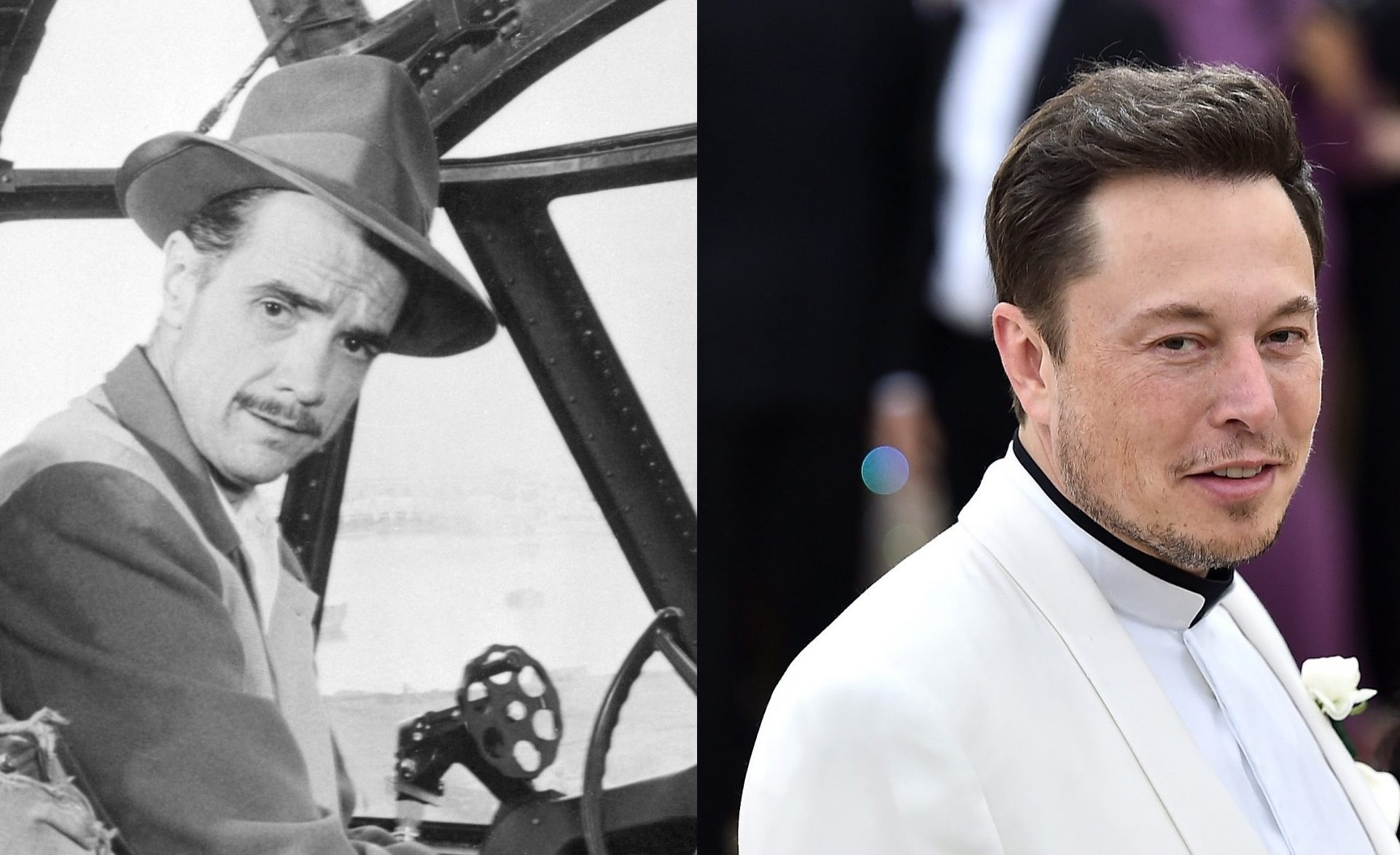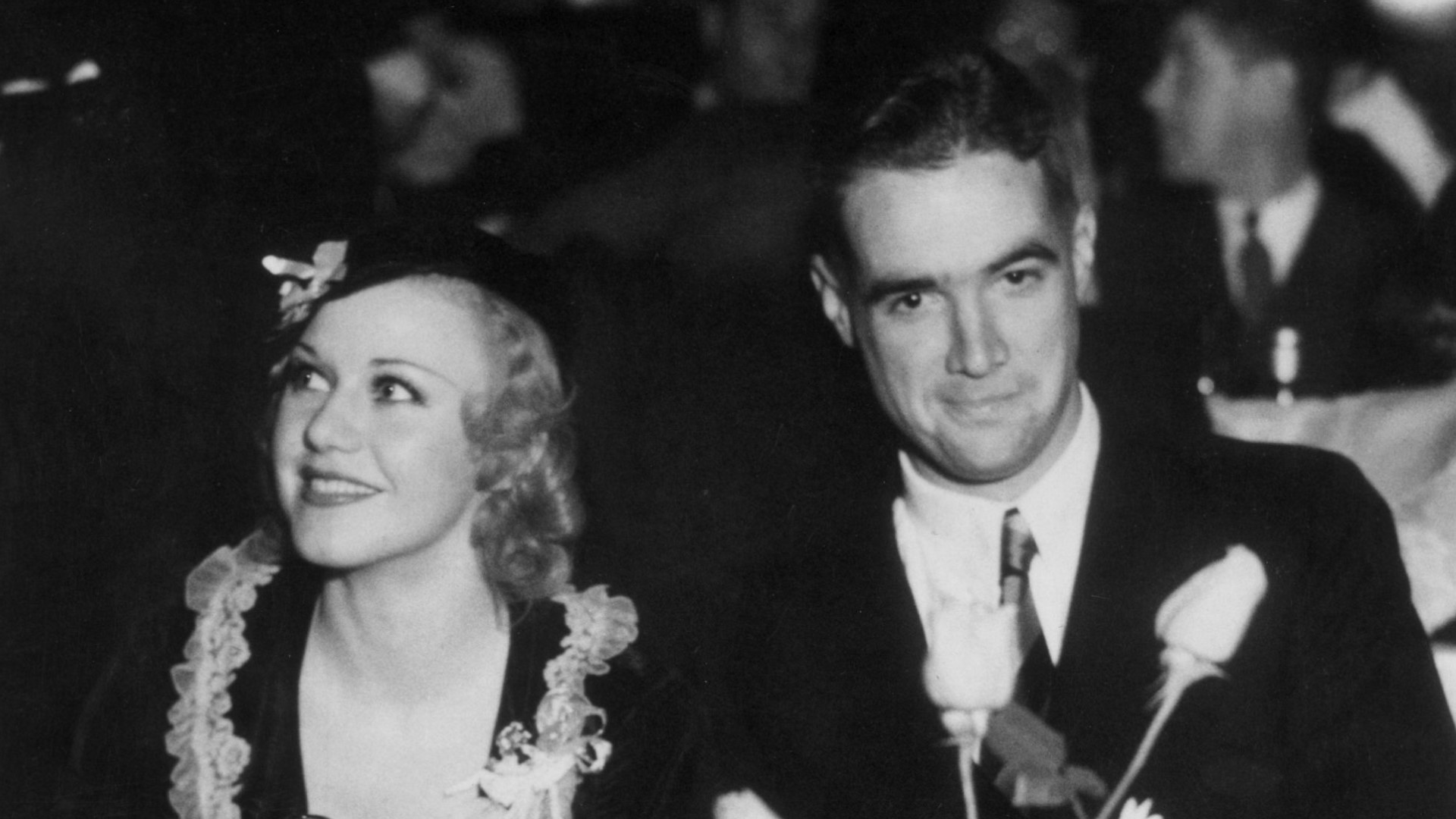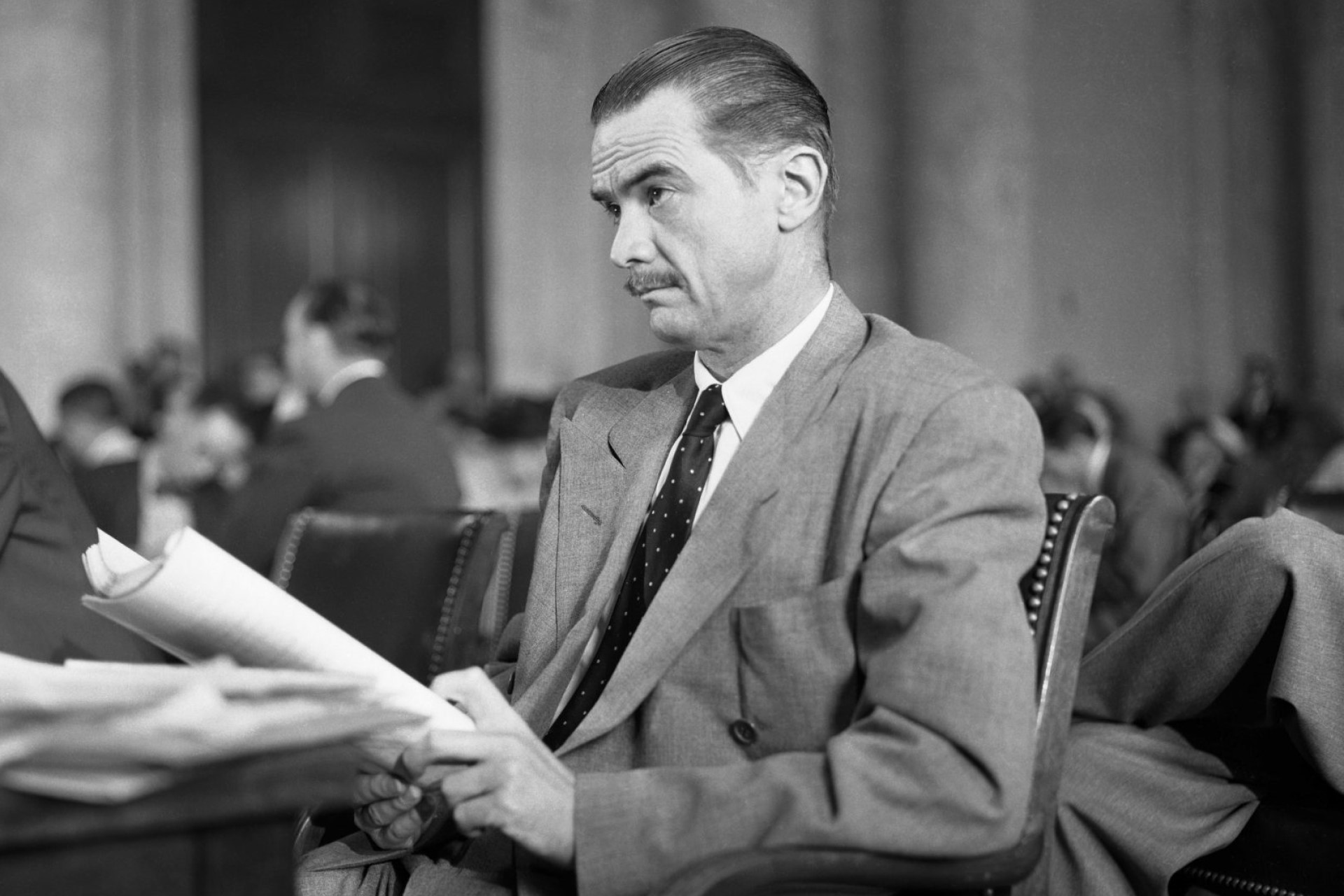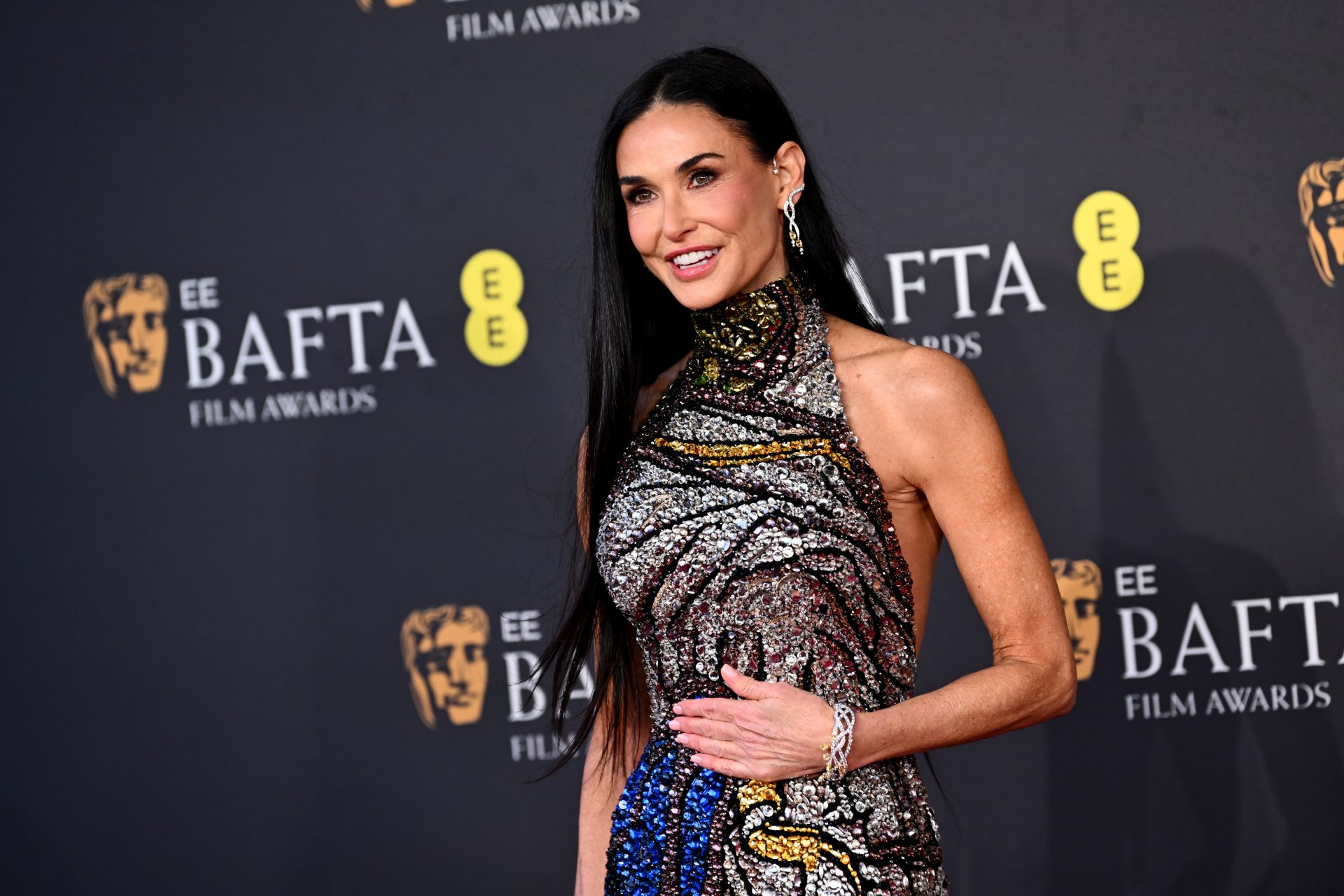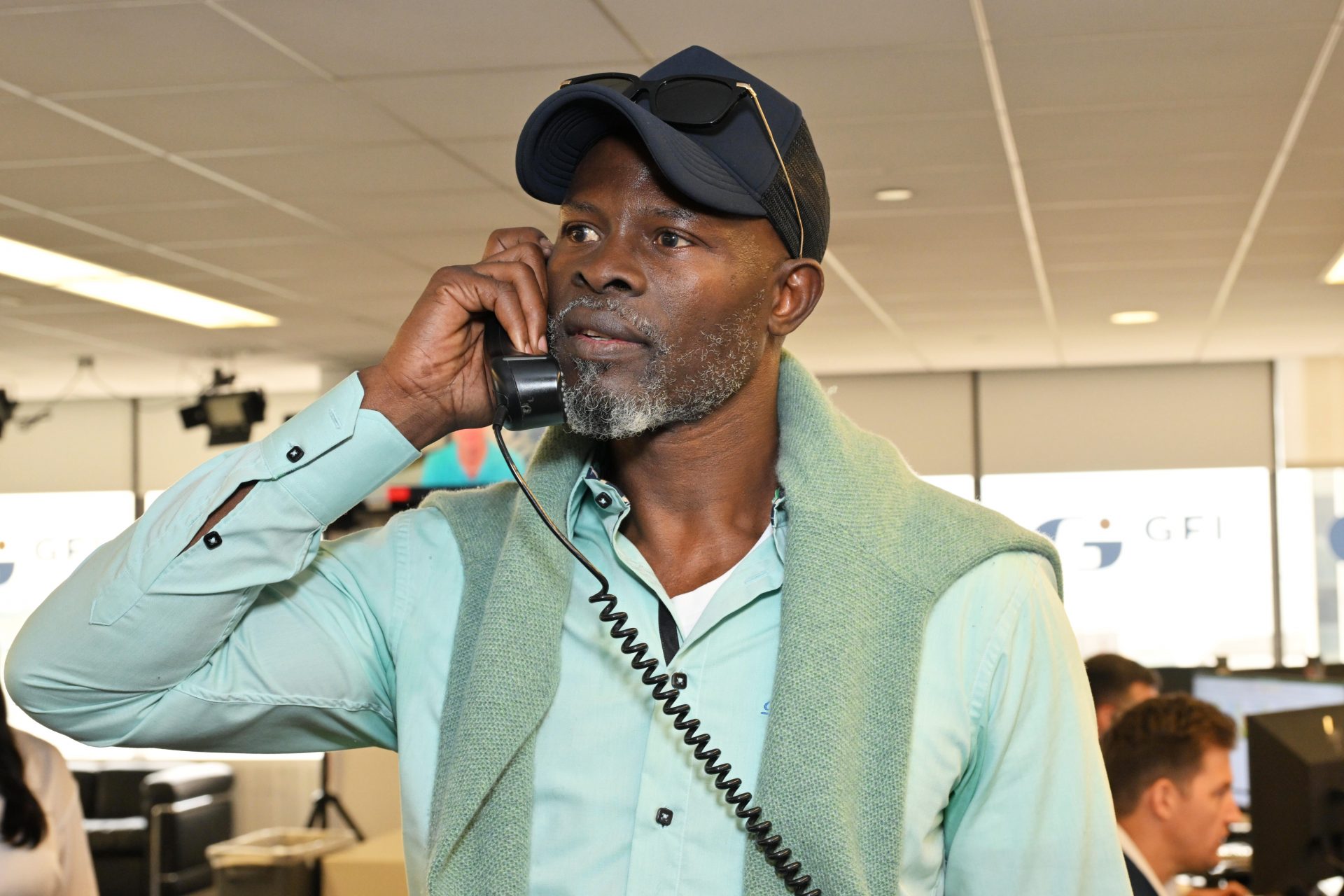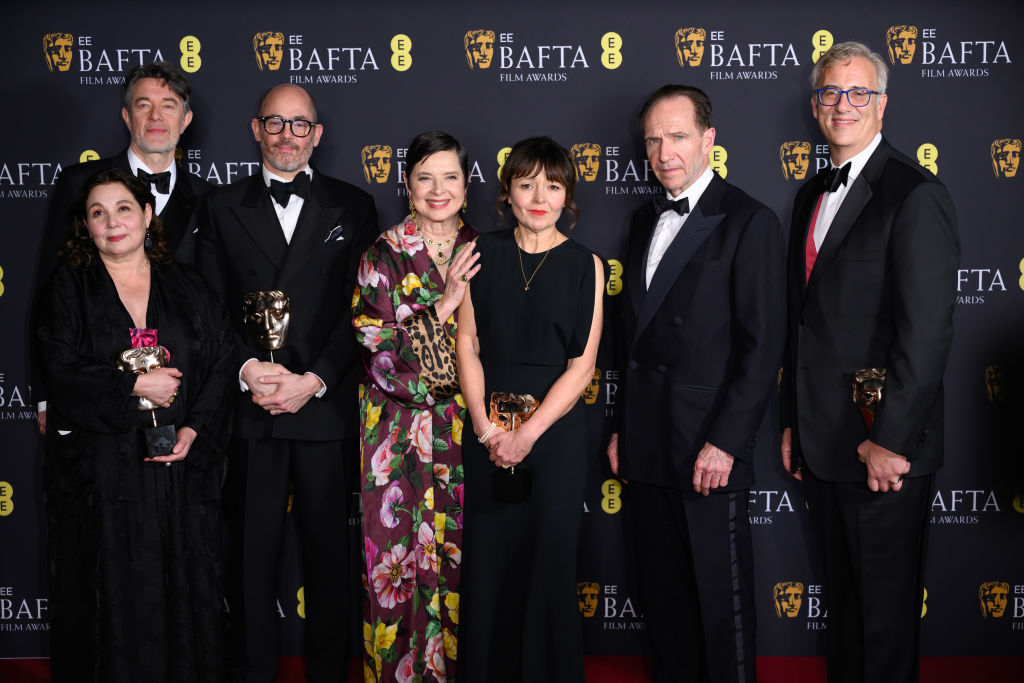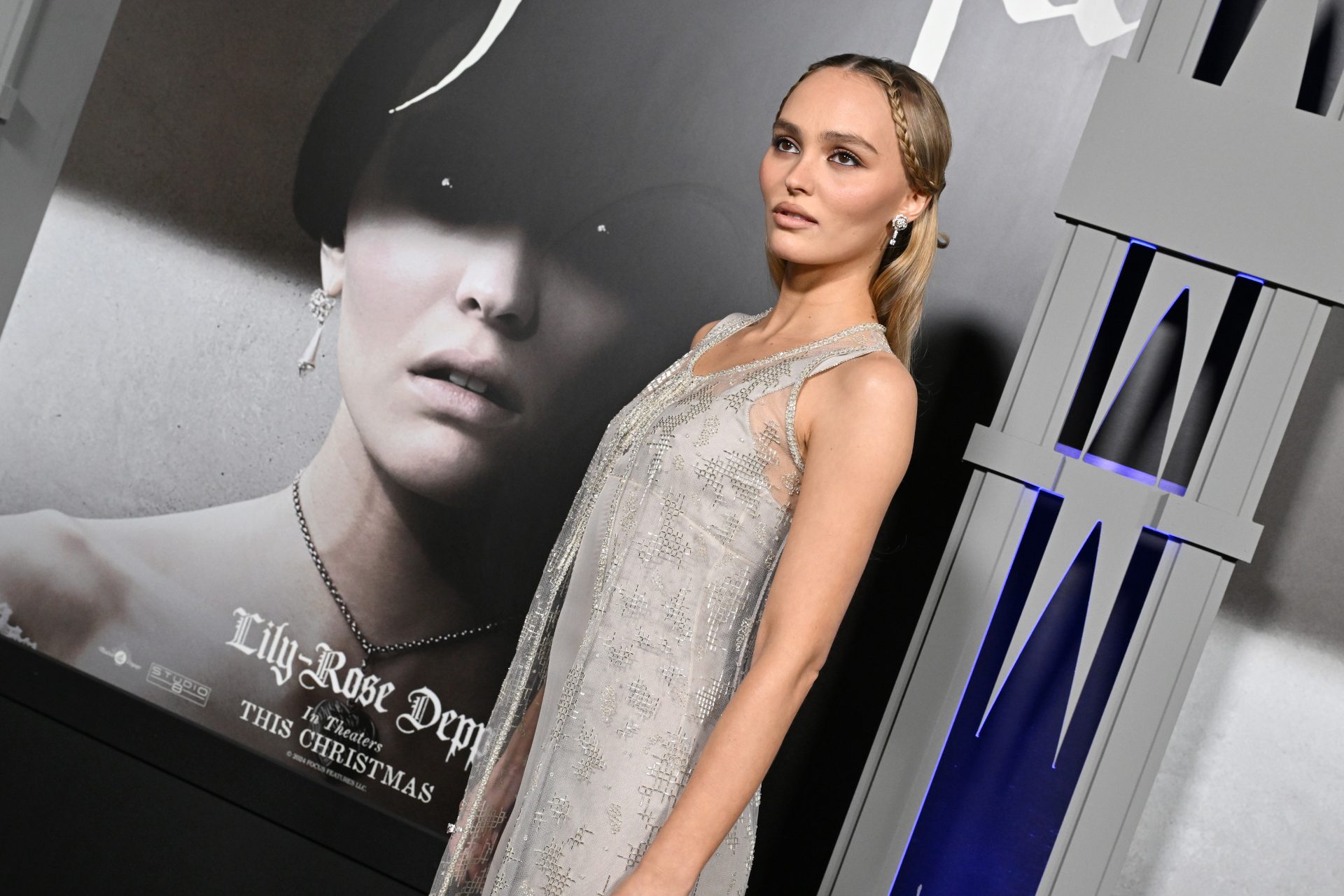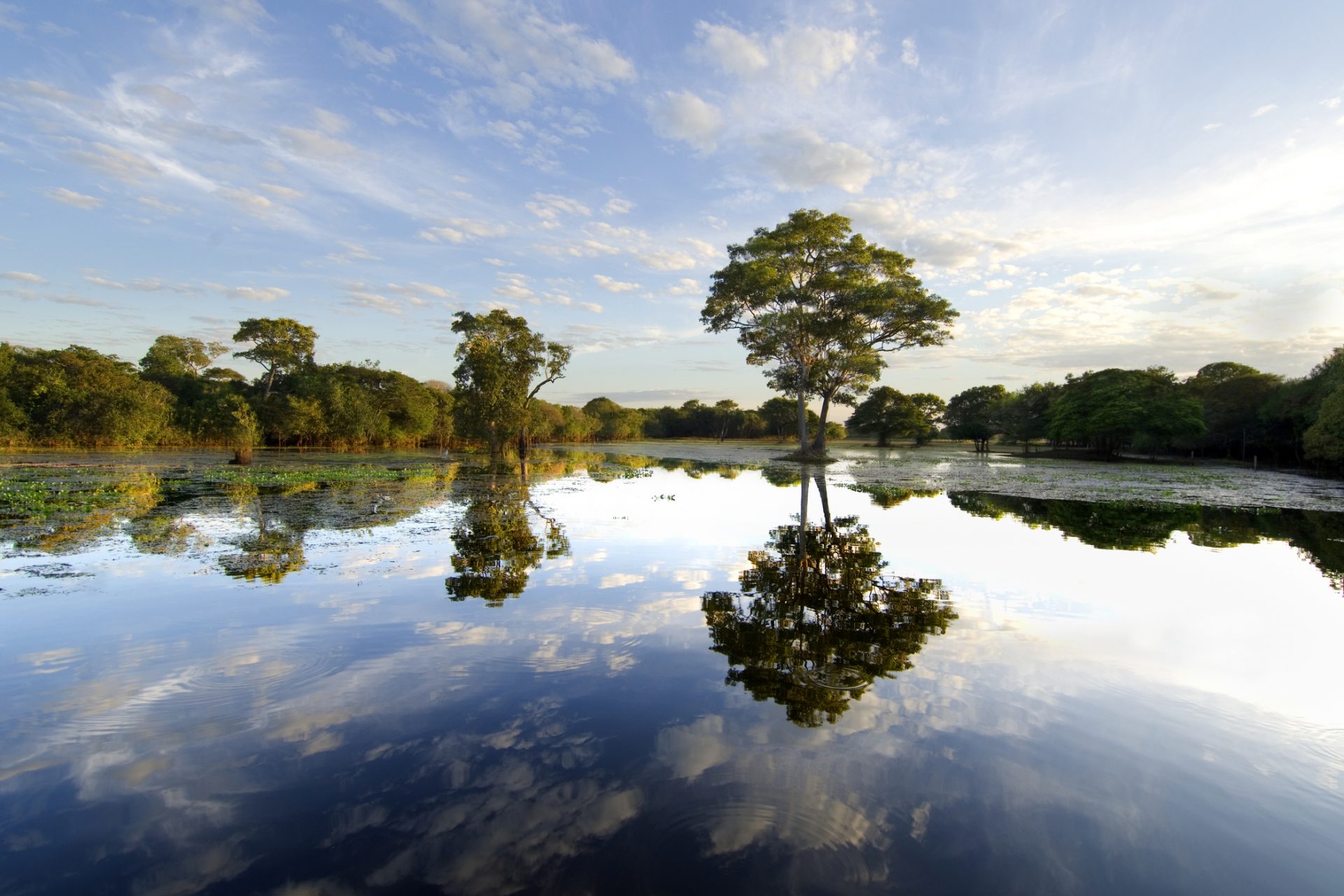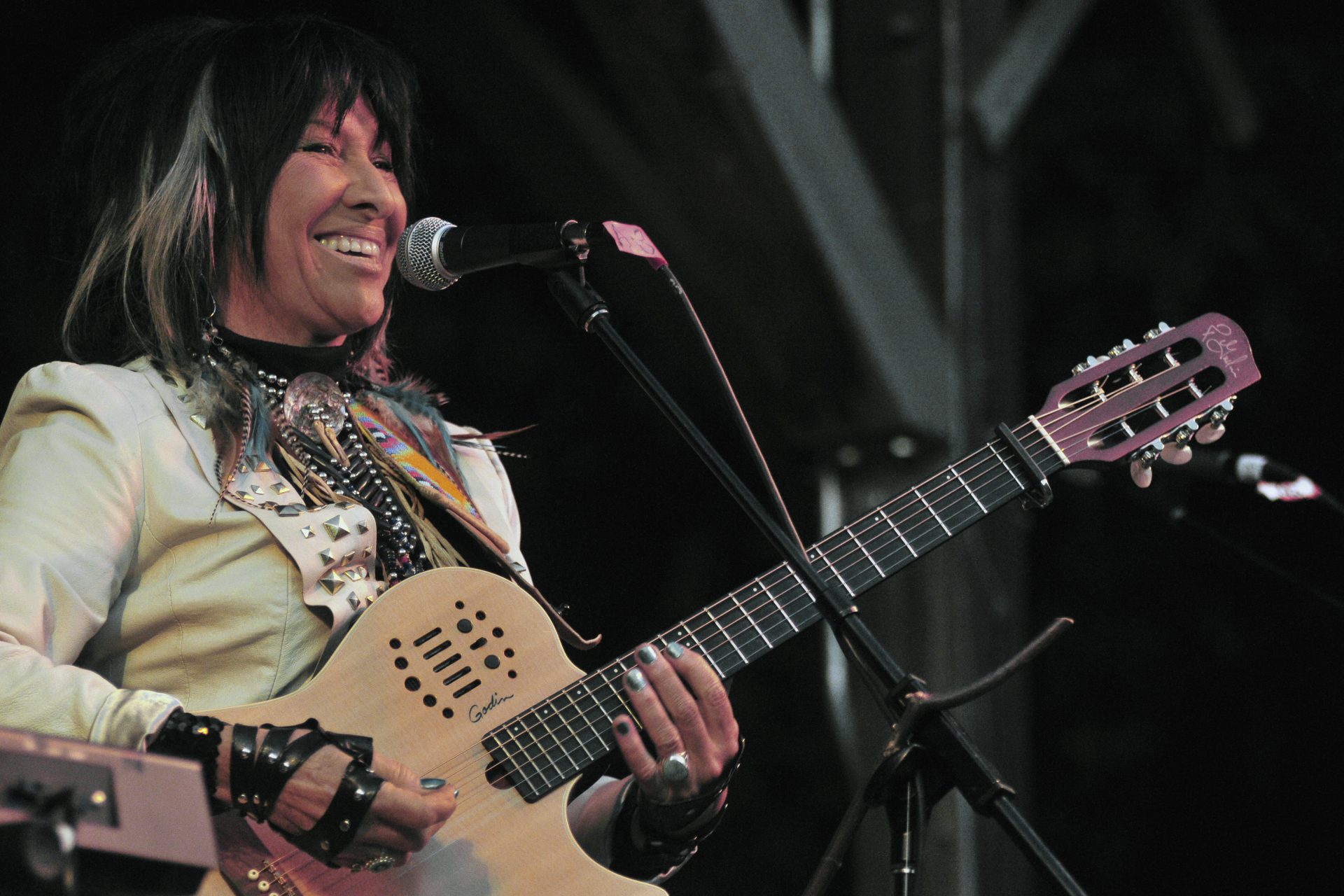Elon Musk and Howard Hughes: different eras, but strikingly similar men
Elon Musk and Howard Hughes, titans of their eras, both climbed to 'richest man' status with their bold visions. Yet, their dazzling careers weren't without controversy and accusations of megalomania. As Musk dominates headlines, parallels with the eccentric Hughes grow more evident. Let's dive into how their life stories intersect.
Howard Hughes was born into a wealthy family in Texas, inheriting his father’s successful drilling tool company. Gifted in engineering, at age 11, he built Houston’s first wireless radio transmitter. When he was in his 20s, both parents died, and he dropped out of college to take over the family business.
Elon Musk was born to a wealthy South African family. At age 10, he taught himself how to program and soon after developed a video game. He received a bachelor’s degree in economics and physics from the University of Pennsylvania and later moved to California to attend Stanford University, but dropped out after only two days to pursue his entrepreneurial endeavors.
Having inherited the family company but showing little interest in oil, Hughes spent his wealth on passion projects in aviation and filmmaking. He produced several award-winning films, including the epic 'Hell’s Angels,' in which three stunt pilots died during filming.
In 1995, Musk and his brother founded the early internet company Zip2, which they eventually sold for $307 million. Musk then co-founded X.com, which later became PayPal and was acquired by eBay for $1.5 billion of stock.
Hughes was deeply involved in the aviation industry throughout his career, setting numerous speed and distance records with his planes and founding the Hughes Aircraft Company. He also established TWA (Trans World Airlines) as a major airline and was known for his innovative and ambitious projects, including the Spruce Goose.
Elon Musk founded SpaceX to reduce space transportation costs and enable the colonization of Mars. Musk’s notable innovations in the aerospace industry include the development of reusable rockets, which have significantly reduced the cost of launching payloads into space. SpaceX has also developed a spacecraft that’s carried astronauts to the International Space Station.
Musk’s remaking of Telsa into the top electric car manufacturer, among other successful ventures, including SpaceX, propelled him to become the richest man on earth. In 2021, he was the first person whose wealth surpassed $300 billion, according to Bloomberg. However, as Telsa shares crashed in the wake of Musk’s purchase of Twitter, he was dethroned as the world’s richest, and his estimated net worth has fallen to around $250 billion, according to Forbes.
Leveraging the success of his aviation, film, and family businesses, by the 1960s, Hughes also became the top investor in Las Vegas, gobbling up the city’s TV station, hotels, and casinos. When he died in 1976, he left behind an estate valued at $2.5 billion, according to the New York Times. That's equivalent to around $7 billion today.
Photo: Avinash Kumar / Unsplash
In June 2023, Musk challenged Facebook founder Mark Zuckerberg to a cage fight. Zuckerberg accepted the challenge. While the match never took off there is definitely bad blood between the two men, especially with Zuckerberg launching Threads, a Twitter rival.
Image: zuck/Instagram
Although cage fights weren't trending in the 1940s, when Hughes got involved in the film industry, he reportedly developed a feud with director and fellow Howard, Howard Hawks. They worked together on the movie 'The Outlaw' but clashed over a scene featuring John Wayne. "Both men were tall and lean, and I felt like the referee between two animated redwood trees" recalled Edward Small in the biography 'John Wayne: The Life and Legend.'
Given the public interest in aerospace, solar panels, and electric cars, Musk’s companies have been boosted by government funding. Back in 2015, the LA Times found that his companies benefited from an estimated $4.9 billion in government support. In 2021, Musk said the US should get rid of all federal subsidies.
Photo: Vlad Tchompalov / Unsplash
Hughes’ might in the aviation industry overlapped with WWII. No surprise then that his company became a key government contractor. Among the projects, the US government gave his company $18 million to build the collosol 'Spruce Goose,’ the largest aircraft ever built, to deliver cargo and troops during the war. In the end, it was only flown once by Hughes, and only after the war ended. Eventually, Hughes had to testify over the use of government funds for the aircraft.
Elon Musk is known for having a demanding and intense management style and famously firing a considerable chunk of the Twitter staff upon his takeover. Those who remained were told to pledge their commitment to an “extremely hardcore” work ethic. He sets high expectations for his employees and pushes them to work hard and achieve ambitious goals. He has been known for sleeping in the office himself.
Howard Hughes was known for being a demanding and unpredictable boss, and his management style was described as capricious and autocratic in Time Magazine. He was known to make unexpected changes to projects and set unrealistic deadlines, causing frustration and high turnover among his employees. Hughes was also famous for firing executives if he felt they were not meeting his expectations or if they disagreed with him.
Musk’s love life has also been tabloid fodder. He’s been married to two women — author Justine Wilson and the actress Talulah Riley. He’s been in an on-again-off-again relationship with the singer Grimes, and was linked to Amber Heard and, more recently, Natasha Bassett. He also had twins with a Neuralink executive. In total, he has 11 children, according to Page Six.
Howard Hughes was known for his tumultuous love life, and he had relationships with many actresses and other high-profile women. He was romantically linked to Katharine Hepburn, Ava Gardner, Jean Harlow, and Ginger Rogers (pictured). He was married and divorced twice and had no known children.
Musk has also faced a series of legal battles. Most recently, he tried to fight to stop the Twitter purchase but eventually decided to go ahead with the $44 billion deal. In 2018, he settled SEC fraud charges over his tweet suggesting he could take Tesla private at $420 per share. He also faced a defamation suit over calling a British caver involved in a rescue mission a “p*do guy,” which Musk eventually won.
Hughes was no stranger to a courtroom and fought several high-profile legal battles throughout his life. He engaged in a nearly decade-long battle over his deal to take control of Trans World Airlines. He was also charged with stock manipulation, conspiracy, and wire fraud over the payout to shareholders. Besides business-related issues, Hughes faced personal legal problems, including allegations of tax evasion and charges of reckless flying in relation to an airplane crash.
Musk is credited with accelerating the electric car revolution through Tesla, revolutionizing the space industry and providing internet connectivity for remote places worldwide with Starlink. He’s yet to achieve goals of colonizing Mars, developing a brain-computer interface or fixing democracy with Twitter... though he says he is trying.
Hughes played a vital role in the development of modern airplanes and the film industry. He was awarded the Congressional Gold Medal, and the Presidential Medal of Freedom and was inducted into both the National Aviation Hall of Fame and the Hollywood Walk of Fame. The Howard Hughes Medical Institute remains the largest private biomedical research institution in the US, according to its website.
Photo: Andrés Dallimonti / Unsplash
Later in life, after a plane crash, Hughes became a notorious recluse. Although he was undiagnosed, he is widely believed to have suffered from obsessive-compulsive disorder (OCD). He forced staff to engage in complex rituals of cleanliness as he was also a germaphobe and had severe mood swings, according to accounts from those around him. He also stopped bathing, grooming himself and stored his urine in bottles, according to a biography by Charles Higham.
In 2017, the future owner of Twitter tweeted openly about his mental health: “The reality is great highs, terrible lows and unrelenting stress. Don’t think people want to hear about the last two.” When asked if he was bipolar, he said “yeah” adding “maybe not medically though.” Musk has also been open about being on the autism spectrum but says Aspergers has contributed to his success.
After being in several airplane crashes, Hughes used opioids to treat his severe pain. After his death, the Philadelphia Inquirer reported that he was taking massive doses of narcotics, including Valium and codeine, for many years, which may have contributed to his death by kidney failure.
Musk famously toked a joint on an episode of the Joe Rogan podcast. The same year, Tesla board members told The New York Times they were worried about how Ambien had affected his tweeting. Musk has repeatedly gone to the famously drug-friendly Burning Man festival and advocates for using psychedelic drugs to treat mental health disorders, especially promoting ketamine. But that's not to say he's an addict.
Image: PowerfulJRE / Youtube
Many critics have slammed Musk’s leadership of Twitter as an abuse of power. He has blocked journalists (and reinstated them), people who made fun of Musk and brought back former president Donald Trump. He urged users to vote Republican in the most recent midterms and has pledged to help defeat “the woke mind virus.”
According to the biography ‘Citizen Hughes,’ the billionaire was blunt about using his money to affect politics. In 1968, he said he was determined to elect a President of his choosing that year, “one who will be deeply indebted, and who will recognize his indebtedness.”
Image: 'Citizen Hughes: The Power, the Money and the Madness of the Man portrayed in the Movie THE AVIATOR' by Michael Drosnin, Broadway Books
Musk stands in stark contrast to Hughes in the sense that he actively engages with not only colleagues but the rest of the world on a daily basis. His Twitter polls are helping him make critical decisions, and he freely shares his abundant thoughts on his social media platform. But there's still plenty of time for him to get fed up with the masses and retreat to a billionaire bubble.
While the two billionaires may share several characteristics, in his older age, Hughes’ rarely left hotel rooms or interacted with others. Biographers say he would go days or weeks in pure isolation, refusing to talk to anyone. He died in 1976 at age 70.
We all know how Hughes is remembered: as a visionary, but highly eccentric billionaire driven into madness and isolation. The 2004 film 'The Aviator,' starring Leonardo DiCaprio, solidified that perspective for younger generations who maybe hadn't even heard of him. Today, Musk is highly controversial, with rapid fans and perhaps even more rabid haters. Only time will tell how Musk will ultimately go down in history.

